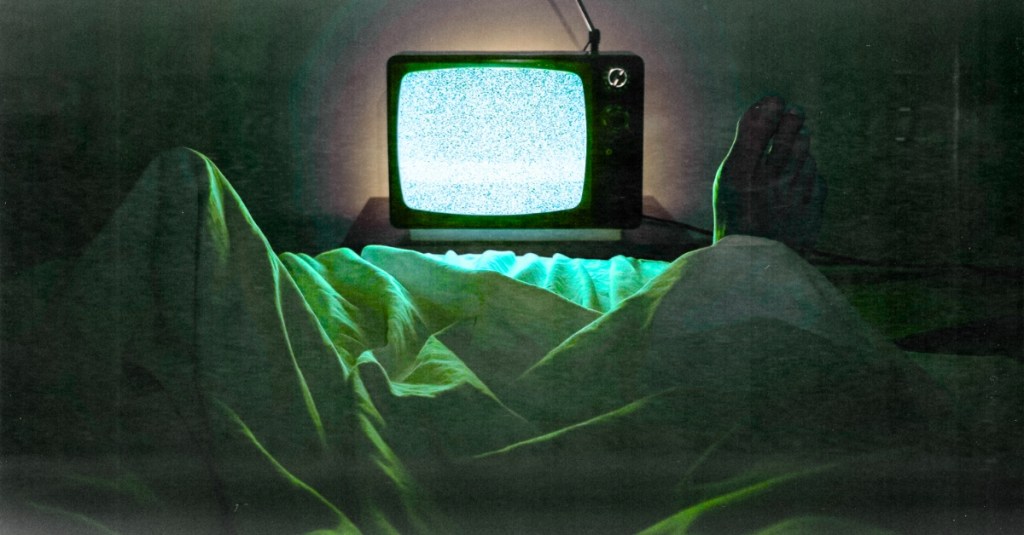A growing body of research indicates that the human brain is not optimally equipped to function after midnight. Studies suggest that individuals awake during the late hours may experience heightened impulsivity, risky decision-making, and intrusive thoughts that are more intense than during the day. This phenomenon has been encapsulated in the “Mind After Midnight” hypothesis, led by researchers including Elizabeth Klerman, a neurologist at Harvard University.
According to Klerman, the brain’s chemistry undergoes significant changes as night falls. In a 2022 interview, she noted, “There are millions of people who are awake in the middle of the night, and there’s fairly good evidence that their brain is not functioning as well as it does during the day.” She emphasizes the need for further research into this area to better understand the implications of fatigue and biological limitations on mental health.
Circadian Rhythms and Their Impact
The research highlights the role of circadian rhythms, which govern sleep, hormones, and mood regulation. During daylight, the brain is primed for focus, cooperation, and reward. However, after dark, it shifts into a survival mode, increasing sensitivity to threats and negative stimuli. This evolutionary adaptation might have been beneficial in ancient times, but now it poses risks in modern society.
Studies reveal alarming consequences of late-night wakefulness. For example, researchers found that the risk of suicide triples between midnight and 6 a.m., a time when reasoning and impulse control are significantly compromised. The authors of one study noted, “Suicide, previously inconceivable, emerges as an escape from loneliness and pain.” This stark statistic underscores the potential dangers of nighttime wakefulness.
At night, the brain can also lead individuals into self-destructive behaviors. Activities such as binge-eating, excessive online shopping, and engaging in heated arguments can stem from this altered mental state. Without adequate sleep, emotions can become exaggerated, making minor concerns appear overwhelming.
Implications for Shift Workers and Insomnia
Researchers at Harvard University and the Massachusetts General Research Institute assert that these findings could fundamentally alter our understanding of insomnia, substance use, and the challenges faced by shift workers. Those who must remain awake at night—such as nurses, pilots, and warehouse workers—may function in a continuously altered state, which could have long-term effects on their mental health and job performance.
Practical advice stemming from this research is straightforward: avoid making significant decisions after midnight. Instead, individuals are encouraged to eat something, reach out to a friend, or simply go to bed. While the mind may persist through the darkness, it is not naturally suited to thrive in such conditions.
In conclusion, the implications of this research extend beyond individual experiences to societal challenges. As our understanding of the human brain’s limitations in the late hours deepens, it highlights the importance of prioritizing sleep and mental well-being across all demographics. The message is clear: while some may navigate the night successfully, the brain, in its natural state, is not designed for the rigors of the midnight hours.







